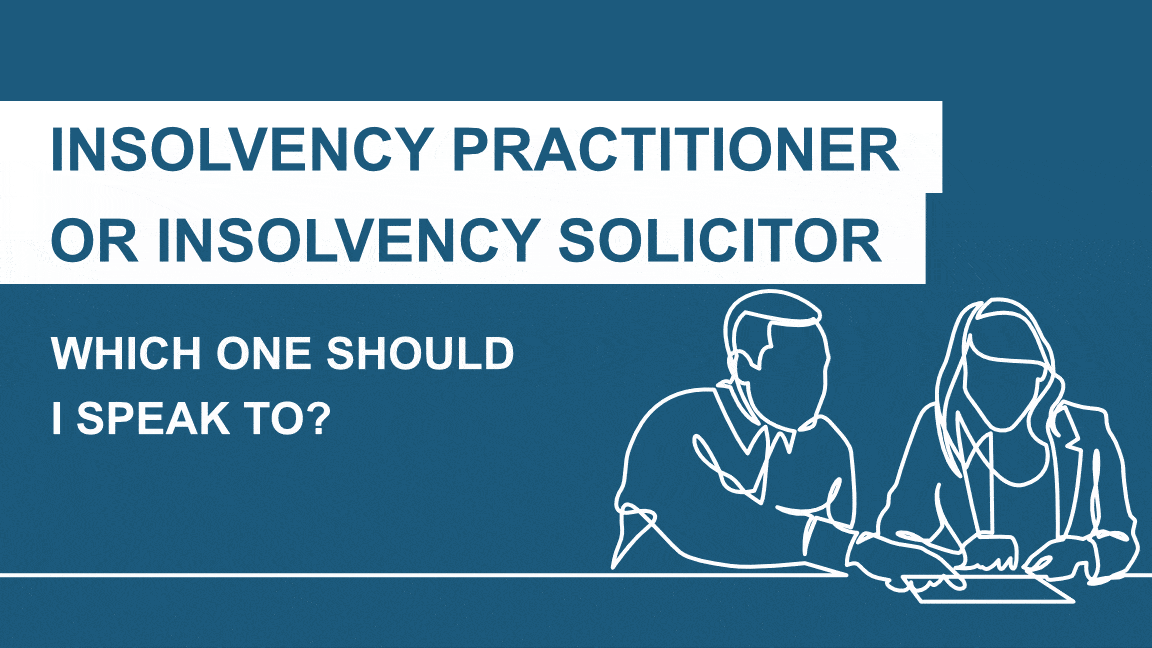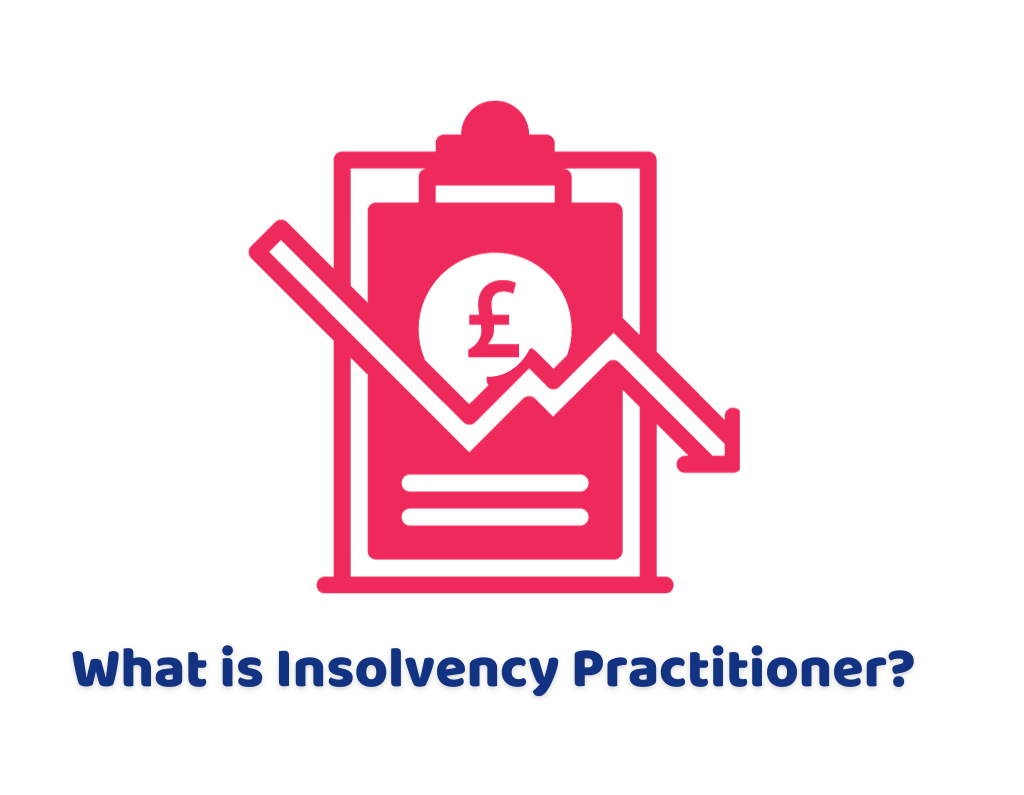The Insolvency Practitioner Ideas
The Insolvency Practitioner Ideas
Blog Article
Insolvency Practitioner Can Be Fun For Everyone
Table of ContentsInsolvency Practitioner Fundamentals ExplainedThe Ultimate Guide To Insolvency PractitionerThings about Insolvency PractitionerWhat Does Insolvency Practitioner Mean?More About Insolvency Practitioner
Whether you need to utilize an insolvency professional (IP) to liquidate your company relies on various variables. While engaging a bankruptcy practitioner for all types of liquidation is not a legal requirement, doing so can often streamline the process and guarantee conformity with legal needs. Liquidating a business is a crucial choice that includes considerable repercussions.
It is a treatment utilized when a business does not have any creditors, or all of their financial institutions can be paid off completely with statutory passion. Recognizing the various types of insolvency processes can assist you establish the most effective training course of action for your business's liquidation or other formal bankruptcy procedures itself.
This is compulsory in order to stick to lawful requirements - Insolvency Practitioner. This is since IPs have the essential credentials and experience to make certain that the liquidation process is carried out in conformity with all suitable laws and guidelines. By involving a licensed bankruptcy specialist, you can have peace of mind knowing that your firm's liquidation process will certainly be handled skillfully and in conformity with the appropriate lawful requirements
The Definitive Guide to Insolvency Practitioner
The bankruptcy practitioner is designated as a liquidator and is accountable for managing the company and liquidator's financial obligations superior obligations and properties. This process involves marketing off the business's assets and distributing the proceeds to creditors. Upon conclusion of the procedure, the firm is eliminated from the register at Firms House.
Falling short to do so can cause personal responsibility for the company or supervisor for the lender's financial debts. Volunteer liquidation, which includes Lenders' Volunteer Liquidation (CVL) and Members' Volunteer Liquidation (MVL), is launched by the business's supervisors and shareholders when they can no more pay their debts. In a CVL, the bankruptcy practitioner is assigned as the liquidator, in charge of taking care of company financial obligations and all business assets.

The smart Trick of Insolvency Practitioner That Nobody is Discussing
By analyzing the expertise and experience of potential bankruptcy practitioners, you can make sure that you choose a professional that has the needed credentials to manage your firm's liquidation process successfully. While insolvency practitioner-led liquidation is frequently one of the most appropriate course of action for business facing bankruptcy, there are different strategies to consider, such as striking off and partial liquidation.
It's important to assess all offered choices prior to picking the next ideal remedy or training course of action for your business. Striking off firms' signs up is a more uncomplicated and economical means to shut dormant or small business with no debts or properties. To strike off a firm, its name is removed from the Companies Home register by sending kind DS01.
Before choosing striking off, it's important to weigh the advantages and drawbacks of this strategy and think about whether it's the right choice for your company. Partial liquidation is one more alternative to bankruptcy practitioner-led liquidation, in which a business sells off particular assets and obligations while continuing to run with the continuing to be properties and responsibilities.
An Insolvency Expert will certainly have the ability to suggest you of the ideal strategy to take and make certain that everything runs efficiently. It is not possible to liquidate a company without a liquidator. Assigning an authorised insolvency professional is required for the procedure of volunteer liquidation to begin.
The Definitive Guide to Insolvency Practitioner
It is feasible to shut and liquidate your firm without using a liquidator, given your firm is solvent and you meet the qualification requirements to dissolve or liquidate it. If your company is insolvent, you might be required to make use of a liquidator and begin official insolvency procedures. Here are a few other informative short articles concerning firm liquidation in the UK:.
Remaining in a placement where you're not able to pay your firm's lenders is incredibly demanding. In an effort to avoid raising the level of debt, many business try to work out look at here directly with their creditors and agree to a casual arrangement. If the financial debt is rather little and owed to one lender, and the creditor is being participating, entering right into an casual financial debt arrangement is possibly the ideal service, rather than searching the web websites for 'an insolvency specialist near me'.
On the other hand, if there are multiple financial institutions and the level of debt is huge, creditors may not be so willing or participating. In order to stay clear of liquidation or personal bankruptcy, it is much better to employ an insolvency professional to draw up official propositions and discuss with financial institutions on your behalf.
Getting My Insolvency Practitioner To Work
Whilst it is a way to manage debt, there are significant threats entailed with this sort of financial obligation arrangement - Insolvency Practitioner. If a financial institution agrees to become part of a casual setup (IA) where the borrower has actually consented to make normal, if lower, payments to pay off the debt, it is essential to adhere to the contract

For that reason, the financial institution is within their rights to revoke the agreement and petition the courts for your firm to be sold off at any type of time. A formal arrangement that has been suggested by an insolvency practitioner on your part, and concurred by a financial institution, gives a much safer choice.
Report this page